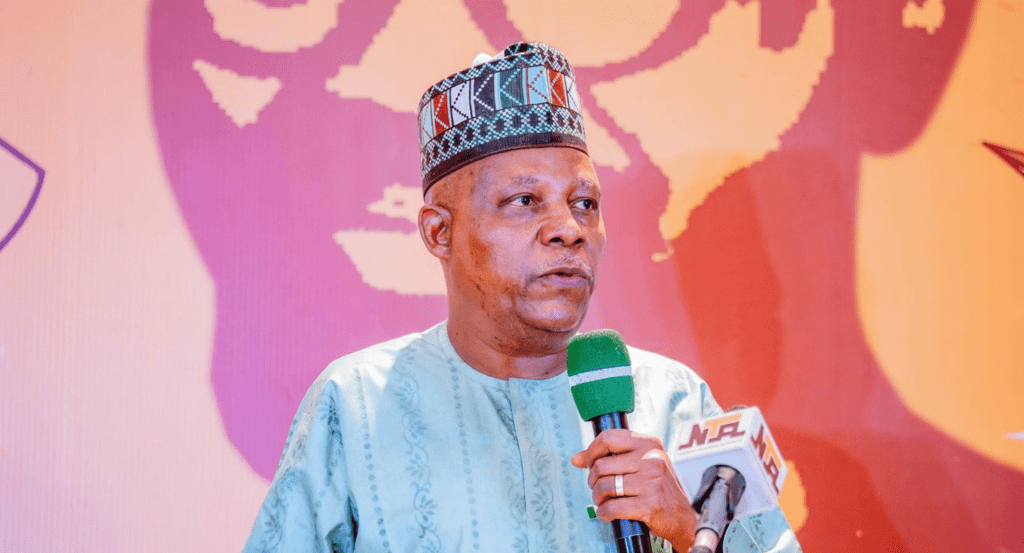At the 2025 World Economic Forum (WEF) in Davos, Switzerland, global leaders, including Nigeria’s Vice President Kashim Shettima, unveiled ambitious plans to position Africa as a $29 trillion economy by 2050. The initiative highlights Africa’s potential as a leading economic hub, focusing on investments, fiscal transparency, and stable exchange rates to drive growth across the continent.
During the forum, Vice President Shettima emphasized the Nigerian government’s commitment to fostering an environment conducive to investment. He outlined policies designed to attract foreign investors, including infrastructure development, fiscal reforms, and exchange rate stability. “Africa has the resources and talent to be a major player in the global economy. We are committed to creating a framework that ensures sustainable growth and prosperity,” Shettima stated.
Global leaders participating in the forum echoed these sentiments, noting that Africa’s youthful population and abundant resources are key drivers for achieving the ambitious $29 trillion target. They emphasized the importance of public-private partnerships, enhanced regional trade, and infrastructure investments to unlock the continent’s full economic potential.
Highlighting Nigeria’s role in this transformative agenda, Minister of Finance and Economic Coordination, Wale Edun, pointed to the nation’s ongoing reforms aimed at boosting investor confidence. “A stable exchange rate and greater fiscal transparency are critical in positioning Nigeria as an attractive investment destination,” Edun said. He further noted that these reforms are essential to integrating Nigeria into global supply chains and expanding its economic footprint.
The $29 trillion target aligns with the African Union’s Agenda 2063, which envisions a prosperous Africa driven by inclusive growth and sustainable development. Key areas of focus discussed at WEF include renewable energy, digital transformation, and agricultural innovation. These sectors are considered pivotal in addressing challenges such as climate change, unemployment, and food security.
Shettima also engaged in bilateral discussions with international business leaders, urging them to invest in Nigeria’s emerging sectors. He emphasized the need for collaborative efforts to address global challenges such as inequality and climate change while ensuring that Africa remains competitive in a rapidly evolving global economy.
However, experts at the forum cautioned that achieving the $29 trillion goal requires deliberate efforts to address governance issues, infrastructure deficits, and economic disparities across African nations. Transparency, regulatory reforms, and a commitment to regional integration were identified as crucial steps toward ensuring sustainable development.
The WEF in Davos provided a platform for African leaders to showcase the continent’s economic potential while addressing critical challenges. As global attention shifts toward Africa, initiatives like the $29 trillion economic vision signal a new chapter in the continent’s quest for growth and development.























